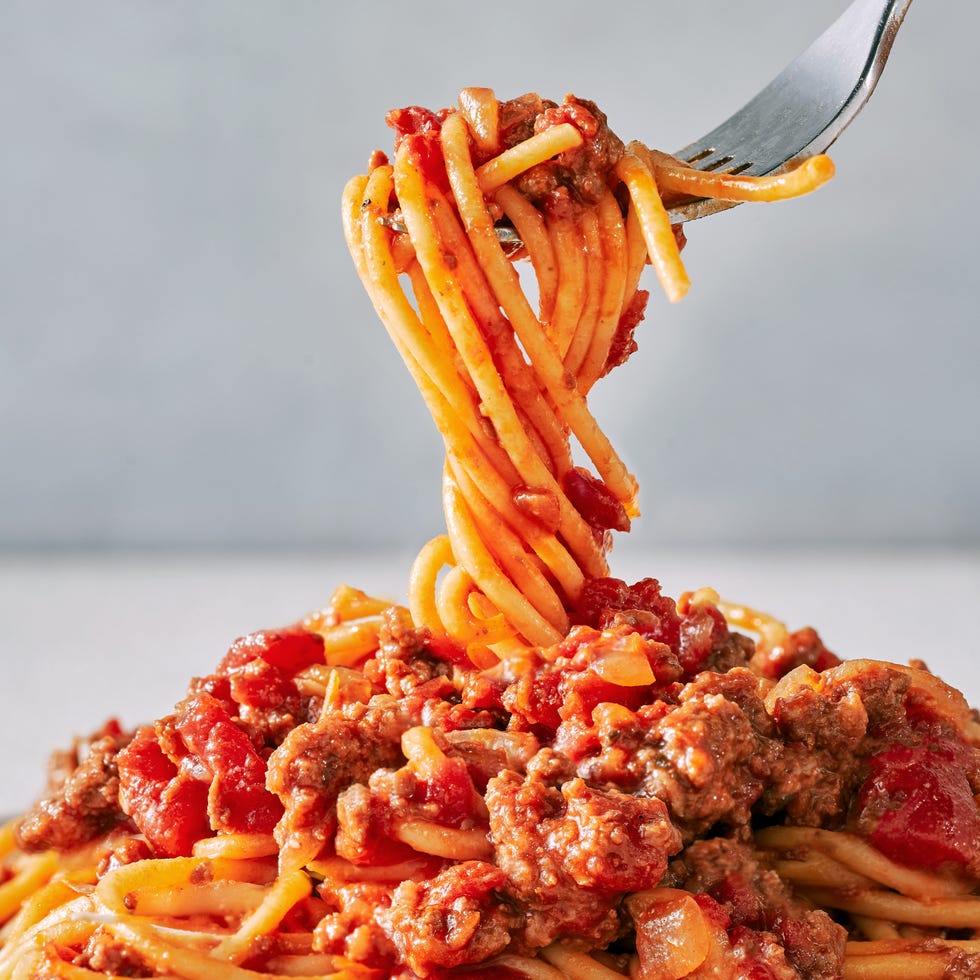When you’re eating with other people, it’s difficult to decide what you’re going to have for dinner. But it can be even harder to determine When you’ll eat it. If you’re with your grandparents, they might try to catch the early bird offer at 5pm. In other countries, like Spain, it might not start until 9pm. And if you’re trying to get a reservation at a trendy restaurant, you might not even be able to find a time before 10pm.
Your lifestyle and schedule can affect the time you eat dinner each day, but health experts agree that certain meal times are better for your digestion and overall health than others.
To learn more about the science behind digestion and how mealtime can impact it, we spoke with Megan DeChatelets, MS, RDN, CDN, a registered dietitian at Sarah Lynn Nutrition and nutritionist for Hilma.
What happens if you eat dinner late?
This all depends on your metabolism. Although everyone has different energy levels, you can generally expect your metabolism to slow down towards the end of the day.
“Your metabolism tends to be at its highest during the day when you are most active and engaging in a variety of physical and mental activities,” says DeChatelets. “In the evening, your metabolism gradually slows down as you engage in more restorative activities and prepare for sleep.”
The later you eat, the less your body works to metabolize food. And the effects this can have on your body are stark. According to a 2022 study by researchers at Harvard Medical School, later meal times can mess with appetite hormones in the body, meaning you may still be hungry even after a full meal.
The Harvard researchers also found that after a late dinner, the body burns calories more slowly due to the body’s metabolic state later in the day. In addition, the way in which these calories are utilized is thought to lead to greater fat storage in the body compared to a meal earlier in the day.
“Consistently eating large meals too close to bedtime can also contribute to metabolic disorders and weight control problems, as the body is more likely to store calories as fat if they are not used for energy,” says DeChatelets.
How does your mealtime affect sleep quality?
Not only can eating a late dinner affect your digestion, it can also significantly impact your sleep quality. In fact, there are many factors at play that can affect your beauty sleep. Eating foods high in sugar or carbohydrates, for example, can alter your blood sugar levels throughout the night, affecting your energy levels and keeping you awake when you’re trying to sleep.
If you have problems with acid reflux or have difficulty digesting certain foods, some ingredients can upset your stomach throughout the night and make it harder to get a full eight hours of sleep. “Going to bed with a full stomach or stomach pain from eating certain foods can make it difficult to fall asleep and stay asleep, leading to fragmented and poor quality sleep,” says DeChatelets.
When should you eat dinner?
The answer is different for everyone, depending on their sleep schedule, but DeChatelets suggests you should leave at least three hours between dinner and bedtime. If your body can fully digest a meal before bed, your system can spend more time recovering at night rather than focusing on digestion.
But what happens if you make a late-night restaurant reservation? And what happens if your dinner is delayed? Thankfully, you don’t need to worry. Harvard researchers point out that the health and weight effects of eating late are largely cumulative – so eating late every now and then isn’t the end of the world.
DeChatelets agrees: “This doesn’t mean that you should skip your meal altogether or stay up longer than usual if you occasionally eat an hour or two before bedtime. However, eating a smaller portion may be a good idea in this situation.”
In addition to eating early in the day, there are many other strategies you can use to improve the quality of your digestion overall. Balanced meals and adequate fluid intake are the foundation of a good diet. Exercise certainly doesn’t hurt either. “Chewing well and relaxing during meals promote optimal digestion,” says DeChatelets.
You can also take certain supplements to fuel your body and ensure you get a restful night’s sleep after dinner. DeChatelets especially likes using Hilma’s supplements: “Their digestive support supplements, including Gas + Bloat Relief, Dairy + Gluten Digestive Aid, Heartburn + Indigestion Relief and Gentle Bowel Movement Support, use natural, well-researched herbs to help relieve issues like constipation, gas, bloating, indigestion and heartburn,” she says.
Expertise: TikTok trends, drinks, pop culture
Education: BA in Journalism and BS in Communication from NYU, Culinary Arts degree from the Institute of Culinary Education
About me: As a deputy editor at Delish, Gabby works on everything from features to recipes to content on our social media channels. Before joining the team, she wrote for StarChef’s Rising Stars Magazine, Mashed, and Food52. When she’s not developing cocktail recipes, she’s making cocktail-inspired dishes like and . Her features cover online trends like the , evaluate everything from to , and answer some of your most pressing food safety questions. She also posts content on Delish’s TikTok, including her post about cooking like influencer Nara Smith, which has garnered over 3 million total views. She loves spicy food, collects cookbooks, and adds a mountain of Parmesan to every dish she can.





